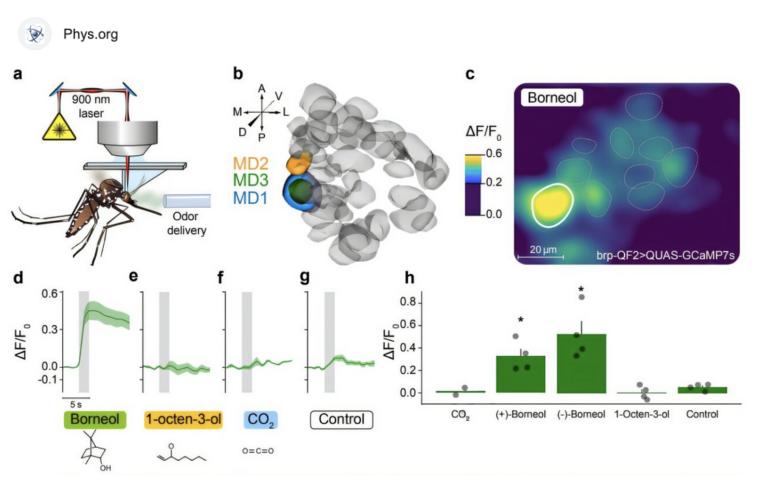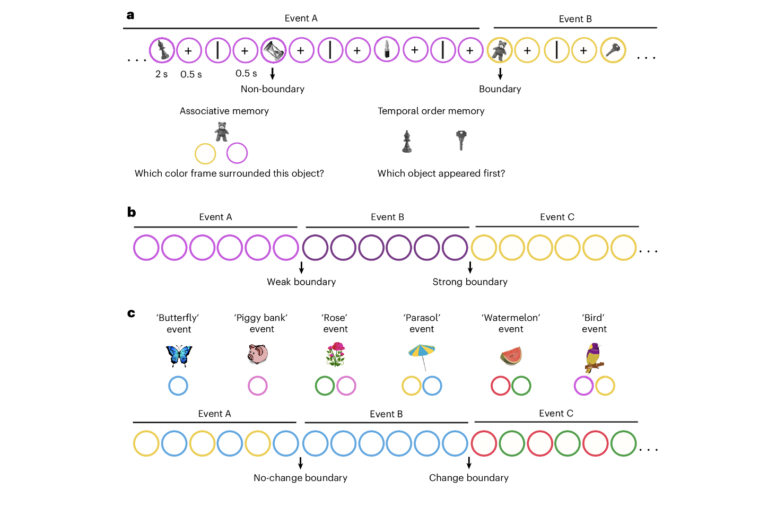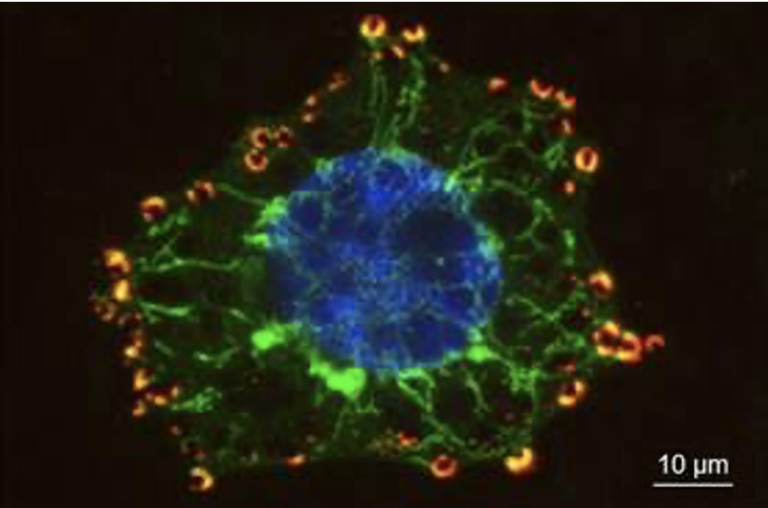France-Israël : 4P-Pharma, SATT Aquitaine et l'Université de Bordeaux vont développer un traitement anti-cancer. Vidéo

[:fr]4P-Pharma, société française de recherche préclinique basée à Lille qui coopère avec la société israélienne Pharmaseed et dont la CEO est la franco-israélienne Revital Rattenbach (ancienne CEO de Pharmaseed Europe) a signé un accord de licence exclusif avec Aquitaine Science Transfert, pour le développement d’un traitement ciblant le cancer du pancréas, le cancer du sein triple négatif * et un cancer du côlon. La molécule a été développée et brevetée par les chercheurs du laboratoire de l’Angiogénèse et du Microenvironnement des Cancers (LAMC – Université de Bordeaux / Inserm). Cette signature concrétise le processus de transfert de technologies gérée par Inserm Transfert et la SATT Aquitaine. Le financement du projet se monte à 375 k € sur une période de 3 ans.
Le Dr Revital Rattenbach est titulaire d’un doctorat en biologie du vieillissement de l’Université Paris Descartes, d’un MBA de l’IAE de Paris et a participé à HEC Challenge + School of Management. Elle a à la fois une expérience de recherche en biologie cellulaire de développement et une expérience de gestion de projet. Elle a été coordinateur du développement de la recherche et de la technologie d’un projet européen FP7 Consortium majeur, qui a impliqué 15 équipes de recherche et cliniques de centres universitaires reconnus en biotech, et de grandes entreprises pharmaceutiques, pour développer de nouvelles stratégies en médecine régénérative. Elle a été cofondatrice et PDG de AdSTEM, une spin off française, spécialisée dans les modèles animaux et technologie des cellules souches, de l’Université Pierre et Marie Curie (Paris, France). Elle a souvent participé aux conférences organisées par Israël Science Info sur le thème « Femmes et science ».

Andreas Bikfalvi, Directeur du Laboratoire LAMC précise : « Notre laboratoire est spécialisé dans le domaine de l’angiogenèse et du micro-environnement tumoral. Les thématiques abordées incluent la compréhension du développement des gliomes, de l’invasion tumorale et la formation des métastases dans le cadre du cancer du rein, la maturation des protéines avec les pro-convertases. Une partie du laboratoire a développé des approches de biophysique en relation avec l’imagerie moléculaire in vivo. Notre laboratoire possède une infrastructure très performante avec tous les équipements nécessaires pour l’analyse moléculaire, l’imagerie cellulaire et imagerie in vivo. Par ailleurs, une forte interaction avec la modélisation mathématique est maintenant intégrée dans le projet de l’unité. De plus, le laboratoire possède de nombreuses connections avec des centres hospitaliers locaux et européens afin de se rapprocher au plus près des problématiques cliniques liées à la guérison des patients. »
Traduction/adaptation Esther Amar, fondatrice d’Israël Science Info
* Le cancer du sein triple négatif a été ainsi nommé parce que les résultats d’analyses des cellules cancéreuses sont négatifs pour 3 choses différentes : 2 récepteurs hormonaux (récepteurs d’oestrogènes (ER) ; récepteurs de progestérone (PR)) et surexpression de la HER2[:en]4P-Pharma has signed an exclusive license agreement with Aquitaine Science Transfert, for the development of a drug targeting pancreatic cancer, triple negative breast cancer or colon cancer. The molecule was first developed and patented by researchers from the laboratory of Angiogenesis and Cancer Microenvironment (LAMC – University of Bordeaux / Inserm).
This signature materializes the technology transfer process managed by Inserm Transfert and the SATT Aquitaine. The funding for the project maturation amounts to 375 k€ over a 3-year time frame.
After several years of research, the team from the Angiogenesis and Cancer Microenvironment Laboratory (LAMC – University of Bordeaux / Inserm) generated a peptide with the capacity to slow cancer tumor growth by inhibiting apelin’s activity. This discovery is the object of patent protection on behalf of Inserm and University of Bordeaux.
Through apelin, this peptide acts on a new tumor angiogenesis pathway, different from the one targeted by existing anti-angiogenic drugs on the market. Acting on this new tumor angiogenesis pathway should improve current treatments for refractory patients or for patients resistant to current anti-angiogenics.
4P-Pharma will thus focus on completing preclinical and early clinical drug development phases before transferring the technology to a big-pharma company, which will ensure the drug market access (completion of late phase clinical trials and marketing authorization) and commercialization.
« We are delighted that our ongoing partnership with SATT Aquitaine Science Transfert materializes with the signature of this exclusive license agreement. The innovative medical technology issued from the apelin project addresses unmet needs for certain types of cancers. Our next step is to conduct preclinical studies to bring, as quickly as possible, this peptide to the clinic. » Revital Rattenbach, CEO of 4P- Pharma declares.
This signature occurs after SATT Aquitaine has allocated EUR 375 000, over a three-year period, for the maturation of this project, starting May 2015.
« Our project aims to characterize a compound in a new class of anti-angiogenic drugs that could become a ‘first in class’ drug candidate. To bring such a molecule on the market is not simple, because convincing pharmaceutical industries to invest in the early development stages is not easy. We therefore rely on intermediate Biotechnology companies that will drive these molecules from an early to a late development stage, possibly including manufacturing, before selling them to a Big Pharma. This is what we sought by partnering early on, during our proof of concept phase, with 4P-Pharma. This company has a CRO-like business model, and can also invest in clinical development projects. We welcome this partnership, and hope that our joint efforts will lead this promising molecule to the anti-cancer drug market » says Jean-Luc Chagnaud, Head of Health Business Unit and Intellectual Property Director at Aquitaine Science Transfert.[:]







